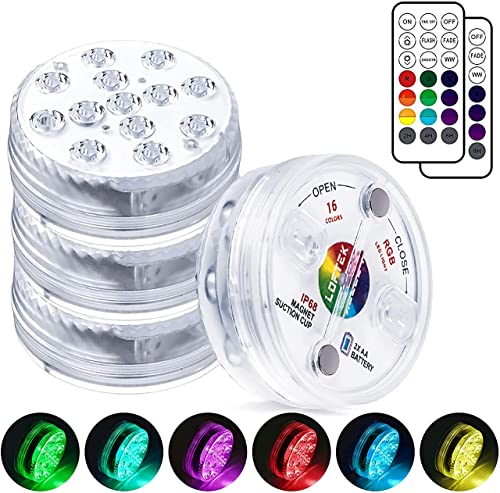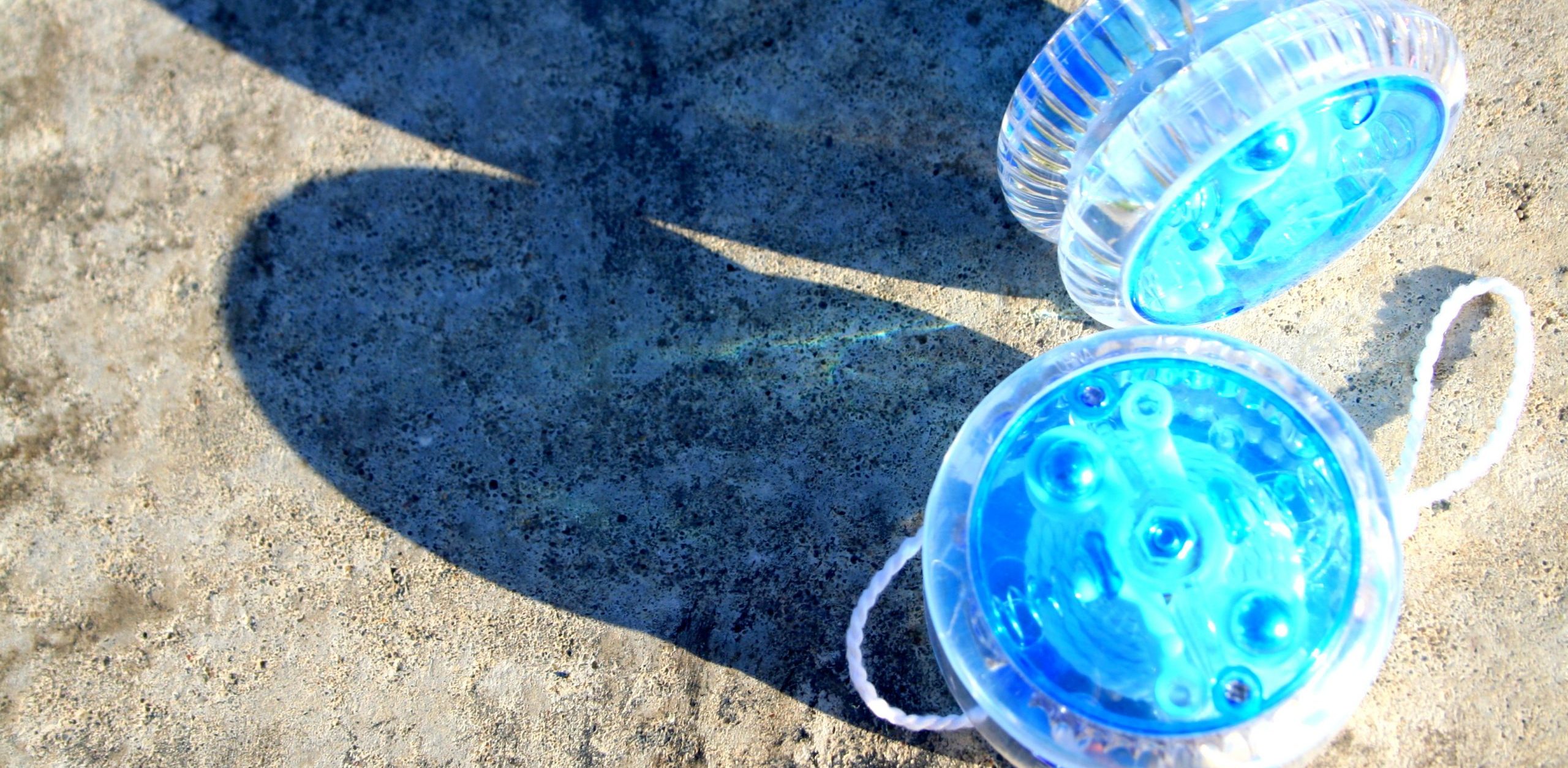Best Submersible Led Pool Lights For 2024
Brandon Forder Apr 26, 2024 5:01 AM
Pool lights are a great way to improve the aesthetics of your backyard and the security of your pool, regardless of whether you have an in-ground or above-ground pool. Fortunately, there is a wide variety of low-priced yet high-quality pool lights on the market to choose from, including simple all-white lights and multicolor sets with adjustable settings that can be used to create a spectacular light display for parties.
Finding the perfect pool light for your setup and budget can be a time-consuming effort due to the wide variety of options available. For this reason, we have compiled a list of the top choices and highlighted the most crucial qualities to seek out in a purchase. The following are some of our suggestions and items to think about before making an investment.

Compare Products
Last update on 2024-04-26 / Affiliate links / Images, Product Titles, and Product Highlights from Amazon Product Advertising API
Types
Even if you decide on an LED pool light, you'll have a wide variety of models from which to pick. Here's a rundown of the various pool lighting options now on the market.
Underwater lights that are installed flush against the ceiling are precisely what they sound like. They are installed such that they are invisible from the pool's surface. In order to install this kind of lighting, holes must be carved into the pool's walls. So they are often put in place right after the pool's foundation has been laid. But some older halogen bulbs can be replaced by newer LED bulbs. These lights, once set up, may illuminate a sizable section of the ocean floor. They are often installed for security reasons even when they are not being used aesthetically.
As with flush-mounted underwater lights, surface-mounted underwater lights attach to the surface of the pool rather than the wall. However, instead of being inserted within a wall cavity, they are meant to be attached directly to the wall's outside. This makes them more adaptable than underwater lights and makes them easier to set up, particularly in preexisting in-ground pools. They can serve a practical purpose, add aesthetic value, or serve both purposes, and some of them can even be stored away during the colder months.
These lights are made to float on the water's surface. They come in a wide variety of hues and can function as either a passing fad or a permanent design element. It's not a good idea because they aren't as effective as underwater lights at keeping you safe. On the other hand, they are stunning when used as a decorative accent.
On the whole, pools aren't spotlighted very often. They serve instead to highlight a certain area of your pool or landscape. You may illuminate structures like artisanal wells, fish ponds, arches, and more. These lights may not be located within the pool itself, but they still need to be watertight so that they can weather the occasional downpour.
Brightness
Considering their intended purpose, pool lights must be bright enough to see everything in and around the pool. Lights with larger wattages or voltage may be necessary for large inground pools.
Pool or pond size might affect the amount of light needed; in some cases, the illumination provided by just one or two floating pool lights is sufficient.
Ease of Installation
Make sure the pool light is suitable with your pool before making a purchase. Some 120V lighting, for instance, might not function well with 12V pool systems. Since floating pool lights don't require any wiring or affixing to the pool's surface, many consumers opt for them.
All you have to do is switch them on and let them float about the pool; no wiring or other setup is required.
Read my instructions on how to swap out a pool bulb if you find yourself in need of doing so.
Durability
The longevity of a product is always an important factor. If your pool lights only survive for a few months, even the greatest of them is of little use. Verifying the pool lights' construction material is a must. Materials like vinyl and plastic, for example, survive much longer than flimsier options like paper or foam in lighting applications.
One drawback with floating pool lights is that they aren’t always durable. Scratches can render some floating lights inoperable or necessitate repairs before they can be used again.
Colors and modes
Depending on the mood you want to set by the pool, you should search for specific colors and illumination settings offered by LED pool lights.
Waterproofing
Waterproofing is a must for any pool lights you might be considering. A waterproof feature is essential for any outdoor lamp to be useful.
Energy efficiency
Lamps with lower energy use and higher quality illumination should be high on your list of priorities.
Can you add underwater lights to a pool?
Niches are cut out of the steel during the construction or repair of the pool, and the underwater lights are then anchored to the floor using gunite or concrete. However, there are now nicheless light solutions as well, which we'll cover below.
What do you use to seal a pool light?
Using the epoxy/resin Pool Putty, wrap the (now clean) light cord and connecting port. Roll out a cone of putty to fill the space between the niche's walls and the cable and port. Refill the pool and leave the light on deck for a full day to cure the putty.
Are pool light bulbs special? Can I use any "regular" light bulb in my swimming pool?
Typical incandescent bulbs should not be used in a pool. If you need to change a bulb in your swimming pool, you should only use bulbs specifically made for use underwater. In conclusion, here's what we suggest: Seek advice on where to buy replacement bulbs for your pool's lighting system from a local swimming pool supplier.
How do you change a pool light bulb?
Taken with utmost care. There is no room for error while working with electricity, and dealing with water makes the situation even more dire. If you're confident in your abilities, you can replace a blown bulb in your swimming pool's lighting system in accordance with the manufacturer's guidelines. Yet another possibility? Get some help from a qualified expert.
The best LED pool lights boost safety and beauty all around the water feature. Pick one that has a brightness slider, can withstand water, and will last a long time. Although white is the most popular color for LEDs, you can take it up a notch by choosing a set that includes both white and other colors and is dimmable using a remote. You should also consider the ease of installation and energy efficiency of the lamp you choose.


























